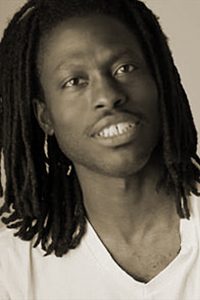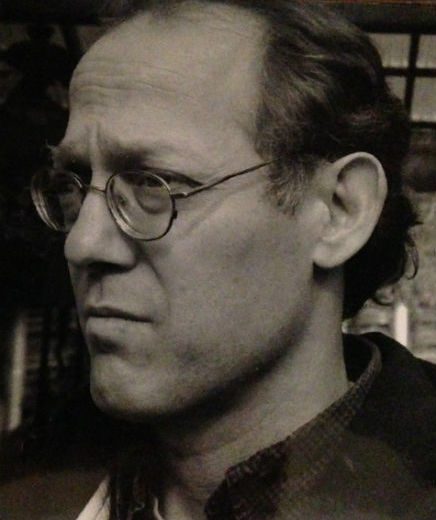 Four poems, a reading, and a Q&A by new poetry faculty member Roger Reeves appear at Blackbird:
Four poems, a reading, and a Q&A by new poetry faculty member Roger Reeves appear at Blackbird:
Cross Country
When I ran, it rained niggers. Early in October—
the first creases of autumn, a flag-weary sky
in which yellow birds, in flight, slip through the breast-
bone of God and tear at the coarse threads
that keep the morning knit tightly around his heart.
What was it that they sang about the light, their tongues,
the thistles they pluck from the bitter bark
of an allthorn then thrust into the breast of whatever god
or good animal requires eating, a good piercing?
Continue reading online…




